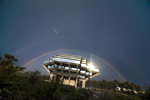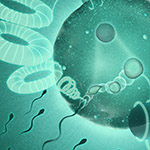UC San Diego’s Doctoral Programs Lauded by U.S. News and World Report
U.S. News & World Report today released its 2021 guidebook that ranks the nation’s top graduate programs and professional schools, giving praise to the University of California San Diego’s innovative programs, including the campus’ Jacobs School of Engineering and School of Medicine.















